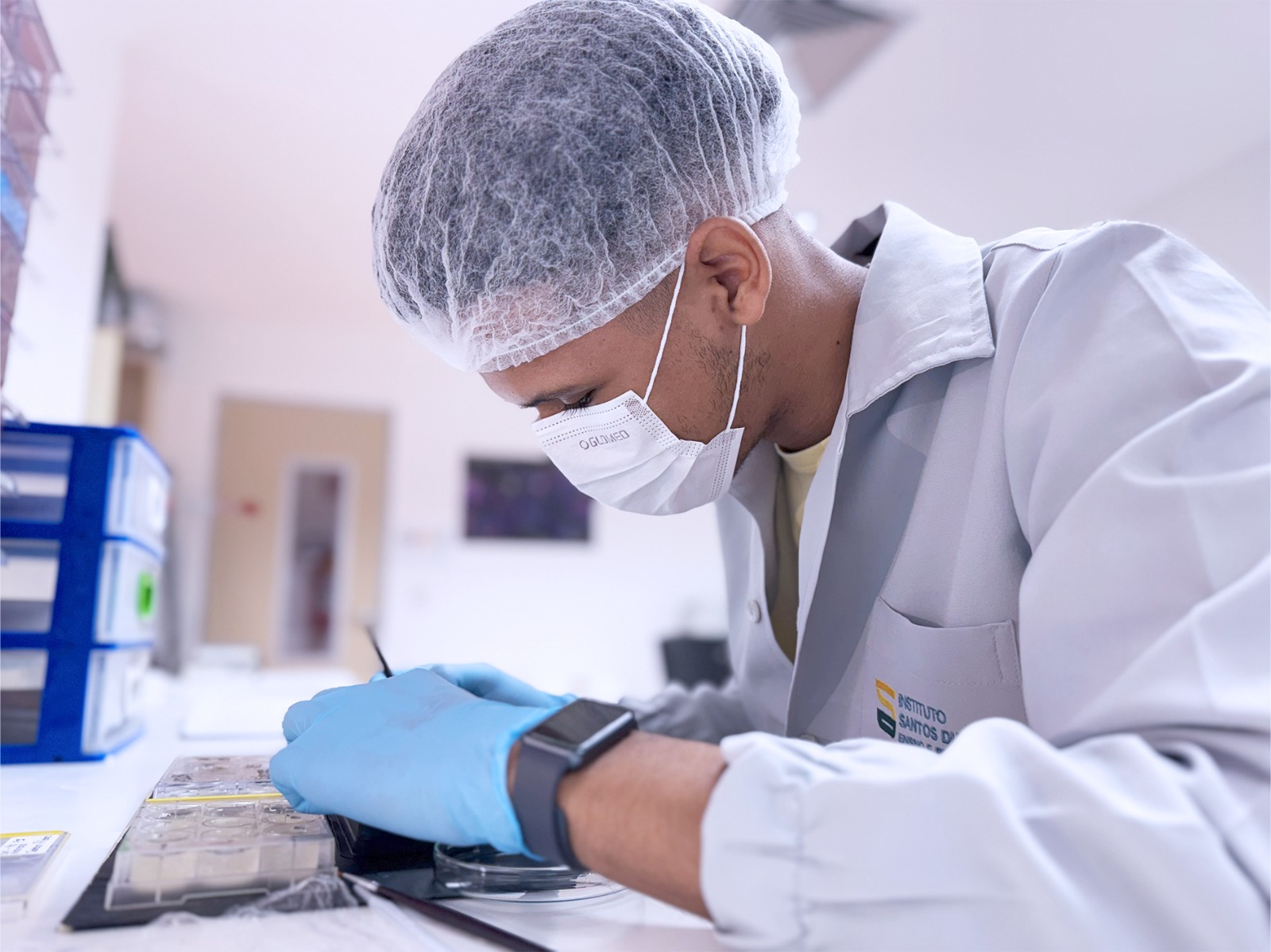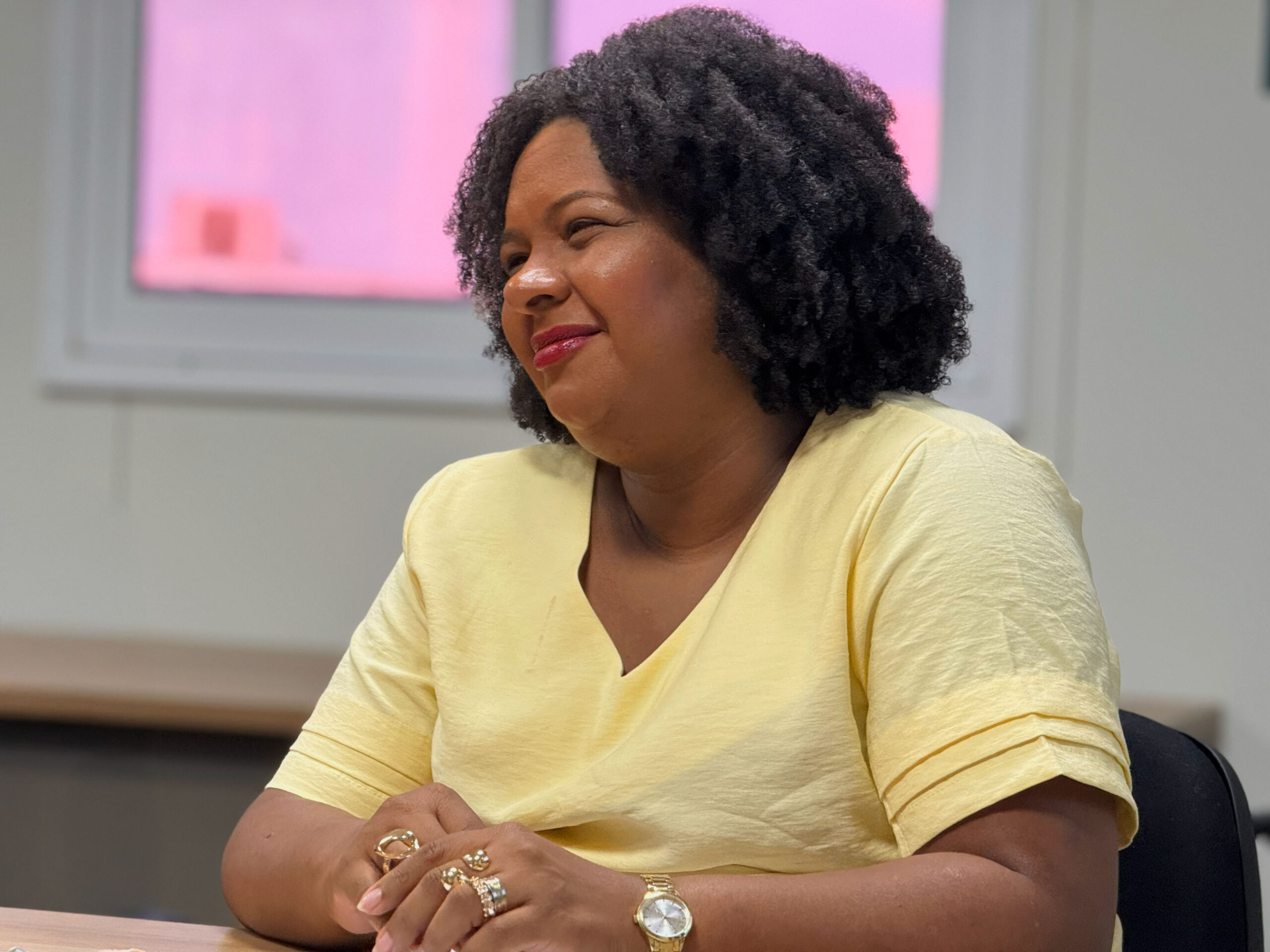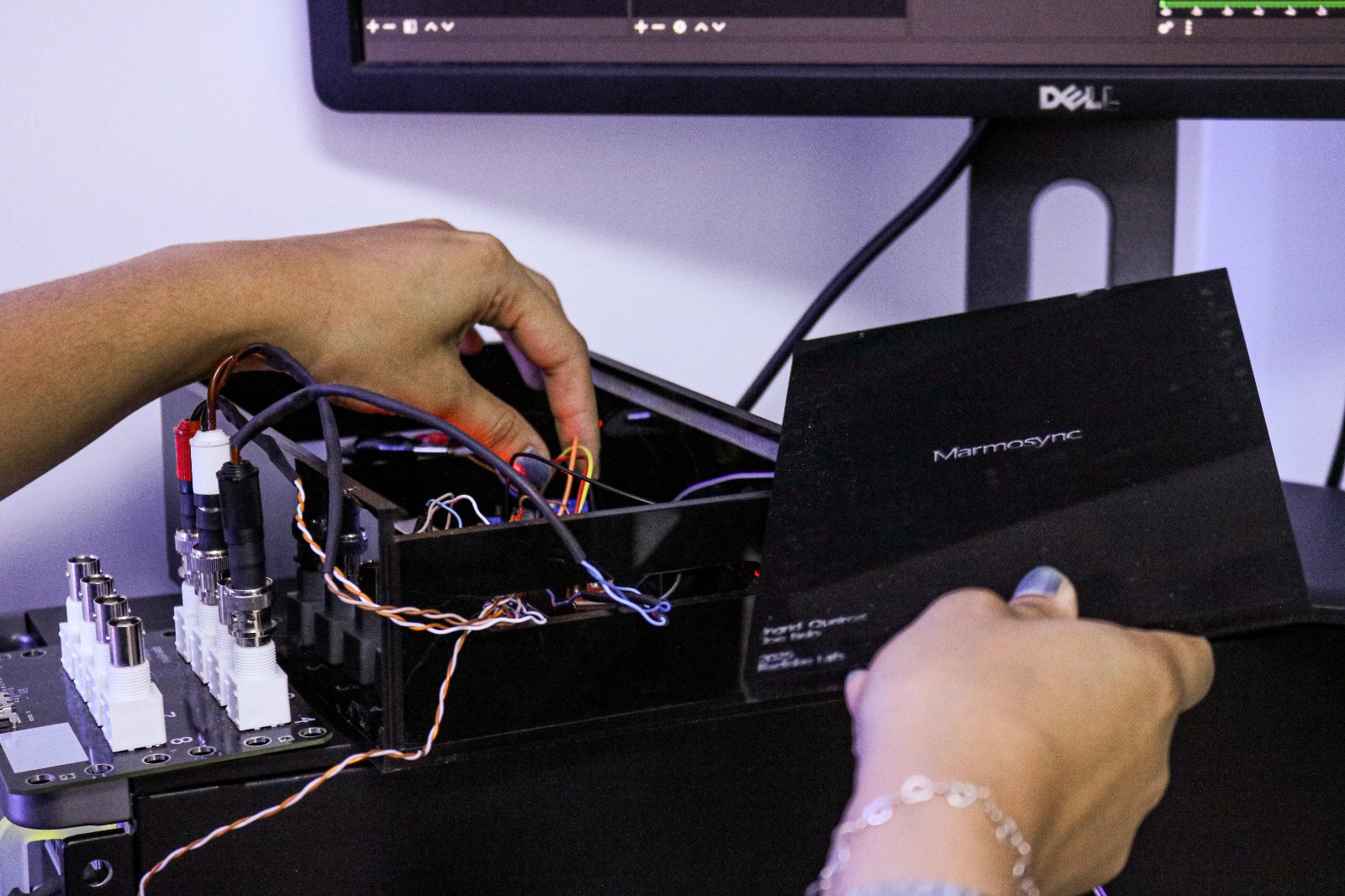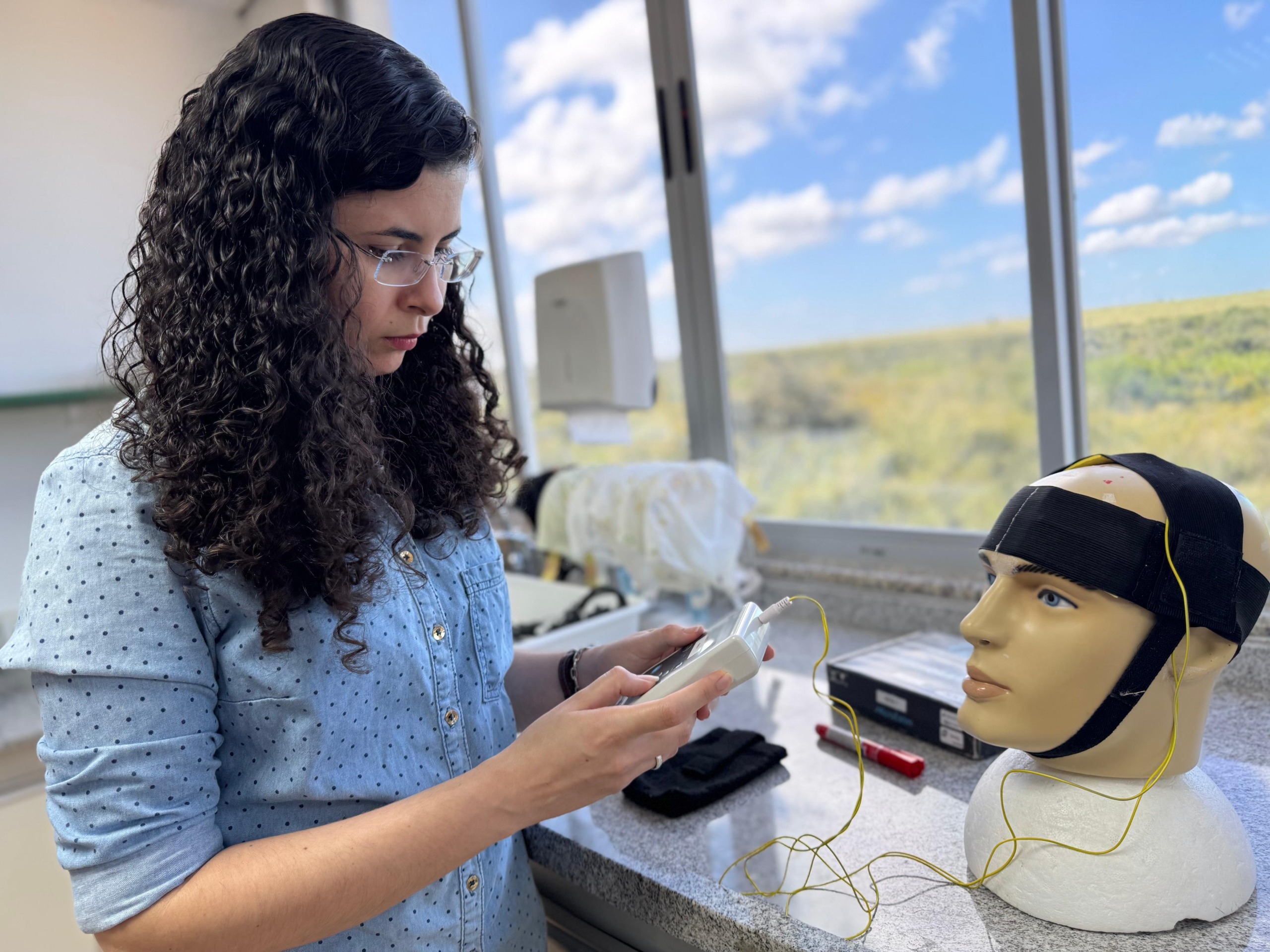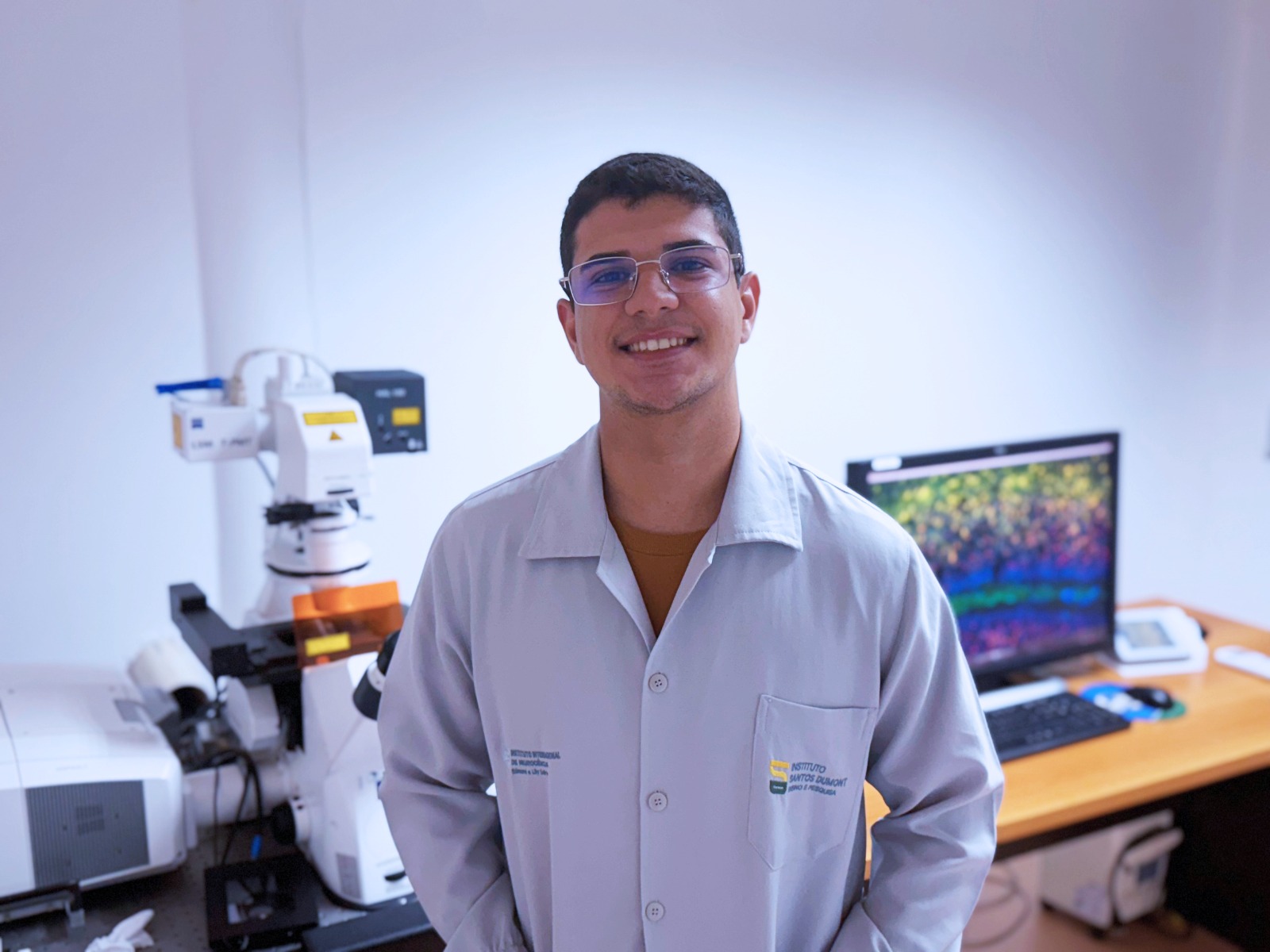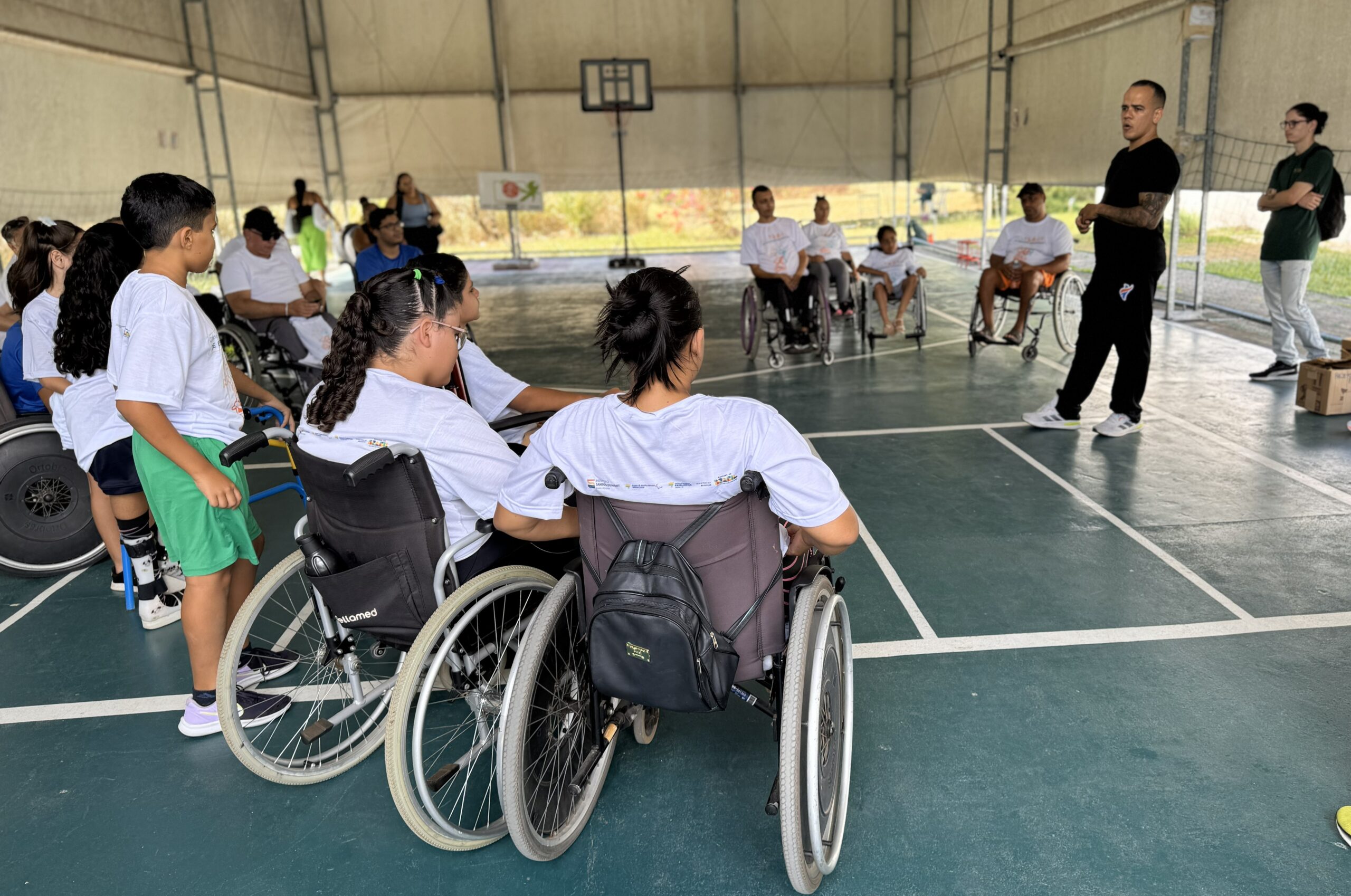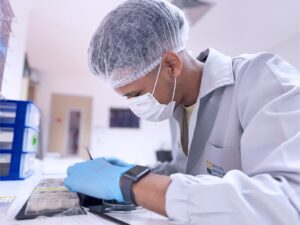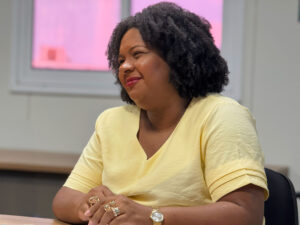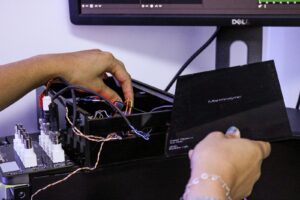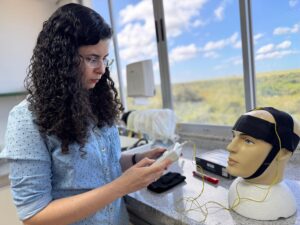By Ariane Mondo – Ascom ISD
02/23/2016 – Last update: 02/25/2016
From February 15th to 19th, 2016, the Science Education Centers (CECs) - units Alfredo J. Monteverde School Natal (RN), Alfredo J. Monteverde School Macaíba (RN) It is Serrinha (BA) – they had back to school week. Old students were able to miss both their classmates and teachers and new students were able to see the physical structure and understand how their respective unit works.

The students were received by members of each CEC and after the presentation by the units' teams, they started in their respective workshops. There they were able to introduce themselves to the class and learn about the year's planning.
Each CEC unit offers different scientific workshops to students in the 6th to 9th year of elementary school, coming from public schools. O CEC Natal It has six workshops: science and technology, Science and Robotics, Science and History, Science and Chemistry, Science and Biology It is Science and Physics. The workshop Science and Communication It is the only one that, exceptionally, accepts both students from the second segment of elementary school and high school.
O CEC Macaíba has four workshops: science and technology, Science and Art, Science and Environment It is Science and History. Just like in Macaíba, the CEC Serrinha also offers four workshops: science and technology, Science and Art, Science and Environment It is Science and Robotics. Currently, 1,400 students attend CECs, in the morning or afternoon, always at different times than the school where they are regularly enrolled.
Dora Montenegro, director of the Scientific Education Centers, explains the philosophy of the CECs: “We work with the idea of knowledge as a whole, of the interrelationships between knowledge. We work in this way to avoid the fragmentation of knowledge, which prevents our students from taking the leaps they should take. They need to be able to interpret reality and propose changes.”
Initial training for educators is the basis for annual work

Between January 25th and February 5th, teachers from the three units of the Scientific Education Centers met at the CEC Escola Alfredo J. Monteverde, in Natal, to undergo initial training, a routine practice at the beginning of the year.
Dora Montenegro says: “This meeting at the beginning of the year is vitally important for our work, because based on the evaluation that the teams made at the end of the previous year, the educators propose a plan for the current year. It is this work that guarantees the success of our students’ scientific training. The training of teachers in this initial planning, this moment of review and preparation of course plans are what sets our work apart. It is this initial training that guarantees the effectiveness of meaningful work with students throughout the year”.
It is worth mentioning that one of the highlights of the Scientific Education Centers is the continued training of teachers. In addition to texts, which are discussed throughout the school year and at educator meetings, which take place every Friday, initial training includes a book to be read in full and discussed collectively among educators from all CEC units. In 2016, 42 Center members read the book “Fundamentals of the school of work” by Russian author Moisey M. Pistrak.

The pedagogical advisor of the CECs, Rachel Dantas, talks about the importance of reading this author: “Pistrak brings an education proposal in which everyone is a subject, every citizen is a subject. No one is being gifted with education, but they have the right to it. The author brings up the issue of students’ self-organization, which is the autonomy that we work so hard for in CECs: we don’t do it for the student, but we teach the student to do, to discuss, to develop and to fight for their reality” .
At the end of the two-week training process, the educators shared the course plans created for each workshop. “At the beginning of the year there is a lot to polish and discuss. We take the opportunity to carry out in-depth theoretical training, in addition to reflecting on each person's pedagogical practice. Course plans are the 'navigation guides' and educators are not monitors but rather 'masters of the ship' with students, so they need to be prepared. For us, it only makes sense to have a school as a formative whole, where we all graduate together, each one rigorously assuming their responsibilities. It is continuous and very important learning and this cannot be done without dialogue and collective reflection. This is a work of reflection and collective action all the time”, explains Rachel.
CEC educators give their opinion on initial training
Joseane Souza, coordinator CEC Serrinha (BA):
“Every beginning of the year, work focuses are chosen that are priorities. In addition to the others we already have – valuing students’ identity and their logical reasoning –, we have introduced new focuses that feed the work we do. This year we will do this with the municipal elections and the Olympics. We already discuss politics with our students, but this year we will focus on the elections. One of the bases of our work is citizenship training, so these boys need to better understand the political context beyond voting. We leave this initial training reflecting on the importance of increasingly expanding the committed work of critical and civic education of students. They need to understand that through scientific foundations, they can transform their lives.”

Roselia Cristina de Oliveira, coordinator CEC Escola Alfredo J. Monteverde Macaíba (RN):
“I consider our formations to be one of the richest moments of our rituals. Training is fundamental, because it is with it that we organize ourselves, systematize, manage to guide the work, organize ourselves as common principles and attitudes and it is also fundamental to guide the activities in workshops with teachers. I think the mix of units during the formations is unusually rich. I cannot understand our Scientific Education Centers without training. This moment is unique, defining and rich, because it is a collective construction. And the book we read contributed a lot, because it contains a lot of our practice. The teachers saw many possibilities and drinking from the work of the author Pistrak made them realize how far we have been moving, guiding common principles.”
Walter Romero Jr., coordinator CEC Escola Alfredo J. Monteverde Natal (RN):
“Each year we go deeper, reflect and broaden our vision a little more. Pistrak's book brought a reflection to the group to delve deeper into social issues, to reflect on a pedagogy that is more socially oriented, that is concerned and comes closer to the students' reality. This reading made us realize the importance of environmental studies and leaving the school walls a little more with the students. It encourages us all to encourage student autonomy and self-organization.”
André Carvalho, coordinator of the Science and Biology Workshop – CEC Natal (RN):
“Reading Pistrak’s book made me understand how important it is for students to be aware of their social role. It is essential that students see themselves as part of a larger context. The student is an individual, but his attitudes have consequences for the collective. The good thing is that here in this training, we have time to do readings, to delve deeper into the issues, to discuss. Even the way we do this in groups, discussing among teachers, has in practice the social role of each person. We can see how important this coexistence is, this exchange of knowledge between everyone.”
Gedeão Santos, coordinator of the Science and Robotics Workshop – CEC Serrinha (BA):
“The training was an injection of encouragement to start the year firmly again in what we believe in, in the CECs project proposal. Having read Pistrak brought us closer to reality, a principle that has always guided the project, but which became even stronger with reading. It is important to approach and discuss things in the classroom with a focus on the present and the reality of the boys.”

Max William da Silva, teaching workshop assistant at Oficina Ciência e História – CEC Natal (RN):
“The training comes to strengthen us even more and make us enjoy being a teacher. It is important to have practice, but base it with theory. Our school is very beautiful, because it takes social transformation into account, but also includes student participation. It is important that students understand themselves as individuals, who have importance and an identity within society, being able to contribute to the collective and it is this collective that makes things work in society. It is important to have an education aimed at social transformation, so that boys recognize how the system in which they live is articulated and so that they can be critical.”
Sheila Quintanilha, coordinator of the Science and Environment Workshop – CEC Macaíba:
“Pistrak’s book confirmed our practice, because it is based on working with the student’s reality, bringing it from the outside into the classroom. The key point of what is done in CECs is to bring science closer to students. For example: it is important to be able to talk about agriculture and agribusiness, but bringing it to family farming, which is my student's reality. Talk about a healthy diet, but using cassava, potatoes and beans that he produces as a base and make him realize that what he eats is healthy, perhaps even more so than what you buy on the street, such as snacks and soft drinks. So one thing that really resonates with me here in our daily lives is being able to work on the student's reality in order to get into science. This takes science off the pedestal and makes it possible for the student to take more and more ownership of it.”
Learn more about CECs:
* https://institutosantosdumont.org.br/centro-de-educacao-cientifica-escola-alfredo-j-monteverde/
* https://institutosantosdumont.org.br/centro-de-educacao-cientifica-serrinha-ba/












